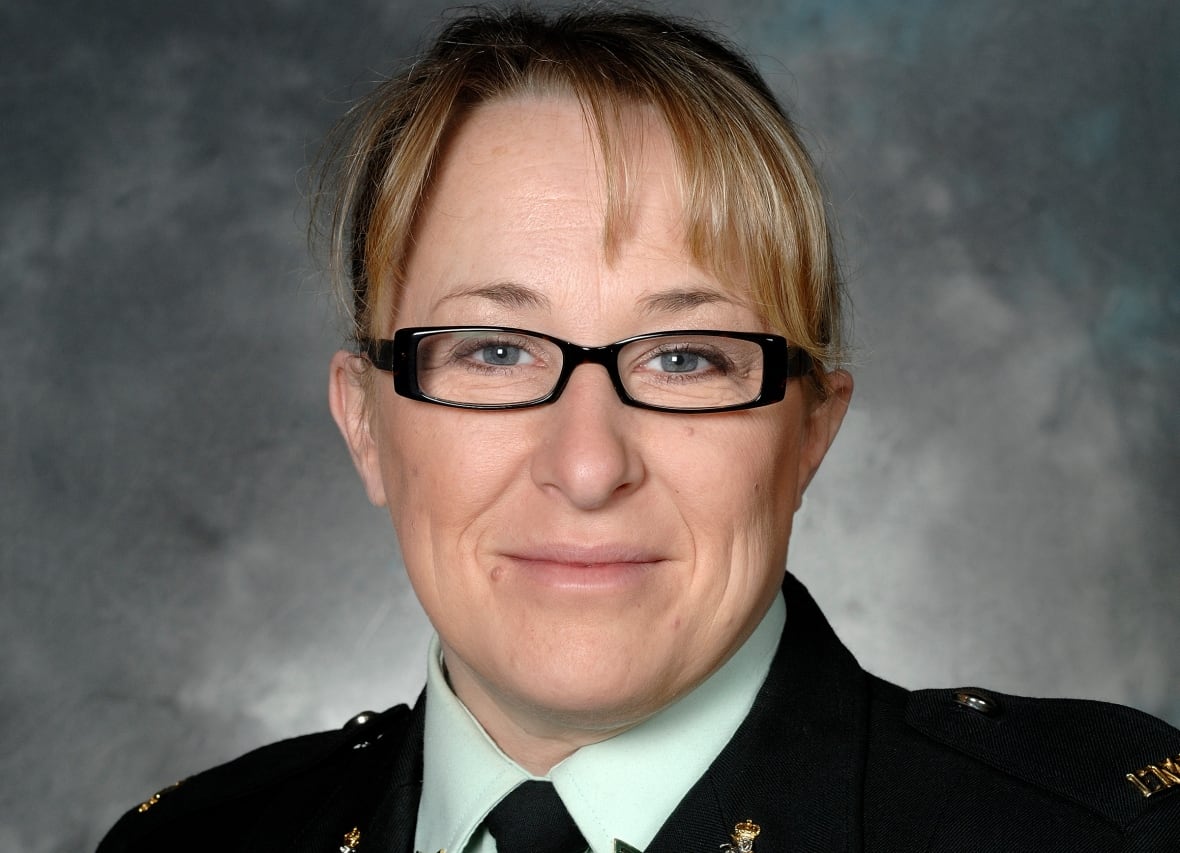Defense Minister David McGuinty wants the army to check the civilian court’s orientation for a judge who supports jobs shooting Canadians from all unwanted sexual contacts – even if it happens once.
In the fall, the Canadian Armed Forces (CAF) will launch a new advice -brought panel on the discipline of the military for sexually inappropriate behavior.
The Minister supports that in his office, on the recent recommendation of the external evidence, that if the army wants to modernize its operational process, it could look at a clear model in the civil court over the last decade.
“Now, more than ever, any non -sexual nature contact with employment is likely to lead to dismissal, even from one event, and even if the factors would be mitigating,” the external Monitor Jocelyne Therrien wrote in his June report.
Victims and experts have long raised concerns that the army has transferred members who are involved in other units, for example, taking into account warnings or other corrective measures. Thera was written that the past are days when it is a “viable solution” and could predict the risk of the victim or other staff.
The government hired Therrien to follow the army’s progress in implementing changes to try to reform sexual abuse.
Retired Supreme Court Judge Louise Arbor Landmark 2022 report made sweeps recommendations after a series of parent army leaders Removed from visible roles in the midst of claims, causing a harmful and high profile crisis.
Thesrien estimates that the army will be on the right path to match the “intention” of Arbor recommendations by the end of the year. But he flags one of the biggest challenges of one army that the files related to abuse are scattered between different databases, which makes it difficult to get a clearer picture of the current state of the problem.
Warning: This video contains worrying details. Former Supreme Court judge Louise Arbor and Catherine Bergeron, who have experienced sexual harassment in their military, discuss whether Canadian armed forces can change how it treats women, especially those who experience sexual abuse.
The latest report in Therrien stated that the case law has “fast” and “significantly” evolved over the last 10 years.
“As I look at these judgments, I notice a clear trend in supporting the workplace’s sexual touch,” he wrote.
More civilian referees use the logic that sexual harassment with no desired contact is “unequivocally” sexual violence, which is a Canadian crime, he wrote.
Changes in the Canadian Labor Act in 2021 also require federal -regulated jobs to ensure that they are harassment. In some cases, abandoning people can lead to responsibility, wrote the Therrien.
“The fact that similar cases were previously dealt with through administrative measures other than dismissal is no longer weight,” Therrien said.
According to the Minister’s Office, McGuinty supports Therien’s recommendation that “significant development of workplace harassment case law should be kept as CAF continues to modernize.”
The McGuinty office told the CBC News site that the minister is looking for future panels to “produce real results”. They contain legal and sexual abuse, the office said.
The Therma report also stated that the army is considering starting a “severity scale” to help to find out if members are kicking or otherwise reprimanded.
People moved around
Professor Megan Mackenzie, professor of Simon Fraser, who specializes in military culture, says that CAF should adopt a one -impact policy for unwanted sexual contact.
“This is a really significant recommendation,” Mackenzie said.
“No one in the workplace is just ambiguity at the moment that inappropriate touching, touching sexual nature is not ok.”
In the past, such cases were often called “low -level distracting behaviors”, and the army was also treated internally by mixing people as a temporary solution, he said.
“It doesn’t solve the problem,” he said. “It shifts the problem to another unit and the alleged victim and prosecutor may still have interaction with each other.”
CAF has struggled with sexual abuse for decades, saying that it has “zero tolerance policy,” he said.
Mackenzie said that kicked people in an undesirable touch would show this policy.
Supportive victims
Retired principal Sherry Bordage, who said he was wrinkled by his supreme, said that it was time for the army to act.
“Why allow predators to continue hiding in ranks? What possible benefits could be served?” He said.
Bordage said that the group’s commander touched his chest and made inappropriate comments at a mess at dinner in 2010 at CFB Borden.

In the Military Court, the Canadian armed forces judge continued the prosecution of a criminal sexual violence against the DJ Proser of the trial, in accordance with the war documents of the court.
Prosser acknowledged his guilt for a smaller military service for the treatment of poor treatment of the subordinate, the documents show.
Lieutenant General. Lou-Vincent d’Auteuil stated that he took into account several mitigating factors, including the fact that it was a “single case” and “unusual” to a brochroser who had spent 30 years in the army at the time, to condemn.
The military judge gave the broker a note and a $ 1,500 fine – and gave him the opportunity to continue the service.
Bordage said he had left the troops in 2014 because he did not feel safe and encountered his retaliation chain to announce the event.
According to him, the army should kick the members not to wished for the desired sexual contact in order to keep others safe.
“This decision, if it had been implemented during my time, would have been night and day,” Bordage said.
The CAF has not yet responded to the CBC news request for a comment request.
The Therienen report included Long list of observations And notes a new trial time for recruiting could help to enrich problem members at an early stage.
